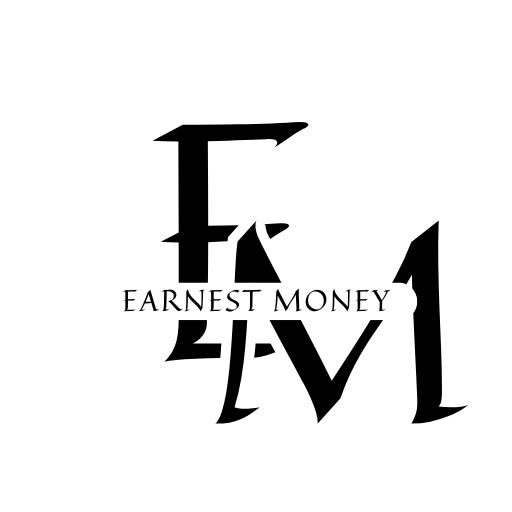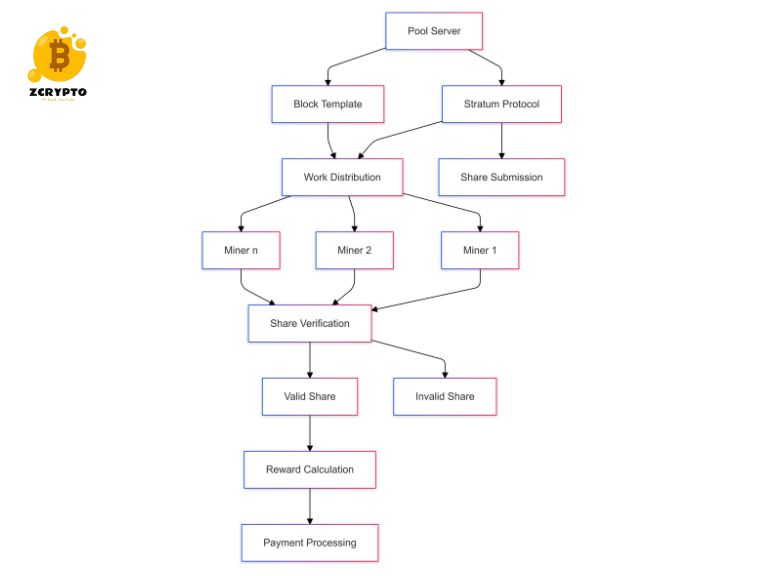Understanding Commercial Finance
Definition and Scope
Commercial finance is a critical component of business operations, enabling companies to secure the necessary funds for expansion, operational costs, and capital investments. It encompasses a wide range of financial products and services tailored to meet the diverse needs of businesses.
- Ultimate Guide to Debentures: Understanding Investment and Risk
- Mastering E-commerce Investments: Strategies, Risks, and Opportunities in the Digital Marketplace
- End-to-End Financial Solutions: Comprehensive Investment and Business Services
- How Flexible Manufacturing Systems (FMS) Revolutionize Efficiency and Profitability in Modern Industry
- How to Master Earnings Calls: A Comprehensive Guide for Investors and Analysts
Commercial finance is not just about loans; it includes various financial instruments that help businesses manage cash flow, invest in new opportunities, and navigate financial challenges. Whether it’s funding for real estate purchases or equipment leasing, commercial finance provides the financial backbone that supports business growth.
Bạn đang xem: Maximize Your Investments: A Comprehensive Guide to Commercial Finance and Business Opportunities
Types of Commercial Finance Options
There are several types of commercial finance options available to businesses:
-
Small Business Loans: These can be either secured or unsecured. Secured loans require collateral, while unsecured loans rely on the creditworthiness of the business.
-
Invoice Financing: This allows businesses to receive immediate cash flow by selling outstanding invoices to a third party.
-
Business Overdrafts and Lines of Credit: These provide flexible access to funds, helping businesses manage cash flow fluctuations.
-
Commercial Mortgages: Designed for real estate investments, these mortgages offer long-term financing solutions.
-
Asset Finance: This includes equipment leasing and hire purchase, allowing businesses to acquire necessary assets without upfront costs.
-
Startup Loans: Specifically designed for new businesses, these loans offer initial capital to get off the ground.
-
Crowdfunding and Merchant Cash Advances: Alternative funding options that can provide quick access to capital.
Each type of commercial finance has its own set of benefits and considerations, making it essential to choose the right option based on your business needs.
Starting Your Own Finance Business
Training and Resources
Xem thêm : What is Nansen? Data Analytics Platform for Web3 Intelligence
Starting a career in commercial finance requires thorough training. Organizations like the Commercial Capital Training Group (CCTG) offer comprehensive training programs that equip individuals with the necessary skills and knowledge. For instance, CCTG’s 6-day intensive training program covers all aspects of commercial finance, from loan brokering to asset financing.
Investing in such training is crucial as it provides a solid foundation in understanding various financial products, regulatory requirements, and market dynamics.
Business Model and Operations
A commercial loan broker acts as an intermediary between business owners and lenders. This role involves connecting businesses with the most suitable financing options based on their needs. To start your own finance business, you need to set up an office or work from home, offering you the freedom to set your own schedule.
The operational model involves networking with lenders, marketing your services to potential clients, and facilitating the loan application process. This flexible business model allows you to work independently while generating significant income.
Earning Potential
The earning potential in commercial finance is substantial. Brokers can earn high commissions on each deal they close, along with residual income from ongoing loan agreements. In some cases, one successful deal can generate more income than a year of traditional employment.
For example, closing a single large commercial mortgage deal could result in a commission that exceeds annual salaries in many industries. This makes starting your own finance business an attractive option for those looking for financial independence.
Leveraging Commercial Finance for Business Growth
Financial Strategies for Retailers
Retailers can significantly benefit from commercial finance by using it to expand operations, manage cash flow effectively, and invest in new opportunities. It’s essential to define a clear purpose for financing and choose the right financial tools based on business objectives.
For instance, if a retailer aims to expand their store footprint, they might opt for a commercial mortgage. If they need immediate cash flow to meet seasonal demands, invoice financing could be the best option.
Role of Credit Scores
Credit scores play a crucial role in securing commercial funding. A strong credit score can significantly improve loan terms and reduce interest rates. Maintaining a good credit score involves timely payments, low debt-to-equity ratios, and a history of responsible financial behavior.
Businesses should regularly monitor their credit scores and take proactive steps to improve them if necessary. This not only enhances access to financing but also reduces the cost of borrowing.
Technology in Financial Management
Technology has revolutionized financial management in businesses. Tools like accounting software (e.g., QuickBooks), cash flow management tools (e.g., Float), and financial analytics platforms (e.g., Tableau) help businesses make data-driven decisions.
Xem thêm : What is ODL (On-Demand Liquidity)?
These technologies streamline financial processes, provide real-time insights into cash flow, and enable better forecasting. By leveraging these tools, businesses can optimize their financial operations and make more informed decisions about when and how to use commercial finance options.
Case Studies and Success Stories
Real-world examples illustrate the effectiveness of commercial finance strategies:
-
A small retail business used invoice financing to manage cash flow during a slow season. This allowed them to maintain operations without dipping into savings or taking on high-interest loans.
-
A startup utilized crowdfunding to raise initial capital for product development. This not only provided necessary funds but also generated buzz around their product launch.
-
A manufacturing company opted for asset finance to lease new equipment without tying up capital. This enabled them to upgrade their production line while maintaining liquidity.
These case studies highlight how different businesses have successfully leveraged various commercial finance options to overcome challenges and achieve growth.
Additional Resources
For further reading and deeper understanding of commercial finance:
-
Check out eBooks like “The Ultimate Guide to Commercial Finance” which provides detailed insights into various financial products.
-
Enroll in training programs such as those offered by CCTG which offer hands-on training in commercial loan brokering.
-
Utilize financial tools like QuickBooks or Float which can help streamline your financial operations.
These resources will help you stay updated with the latest trends and best practices in commercial finance.
Nguồn: https://earnestmoney.skin
Danh mục: Blog


















